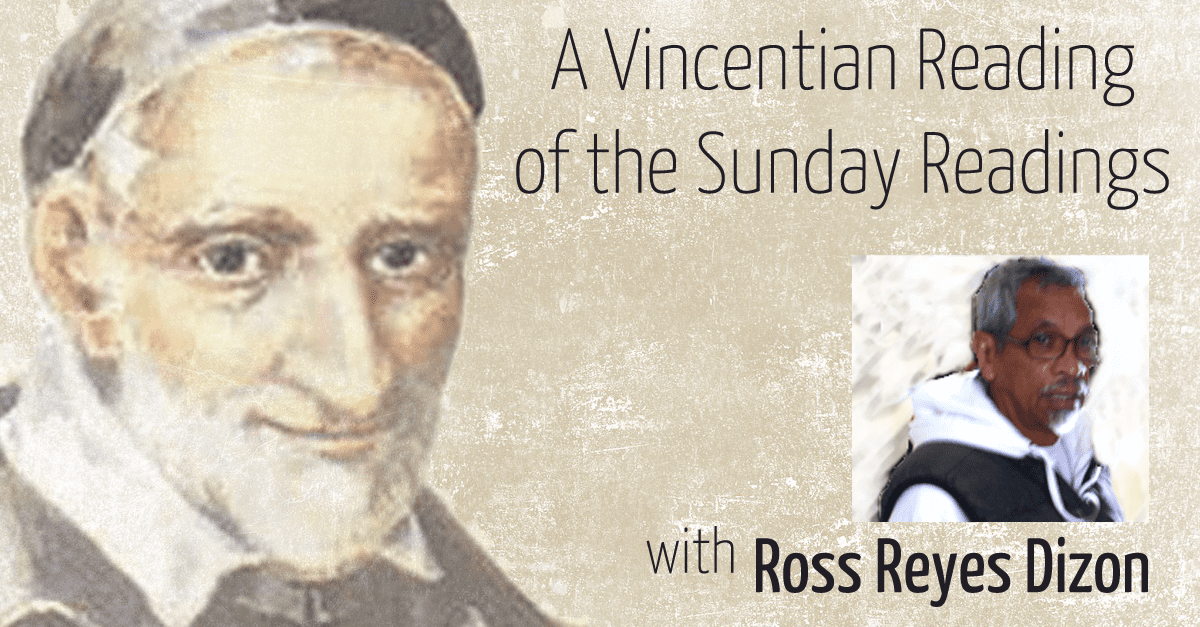Out of Cycle, the Usual, the Customary
In the person of Jesus is revealed that God’s love prevails in the end (Advent 2002). Christians, then, cannot but break out of the cycle of hopelessness.
For those who have a cyclical view of time, events simply come back. Nothing new comes out of the cycle. No new heavens, then, and no new earth to hope for.
But we Christians are offspring of Abraham and heirs of the promise (Gal 3, 29). And the promise that ushers in and shapes history guides it also to a fulfillment that stands out there still (J. Moltmann, Chapter 2: Promise and History). We are pilgrims who go forward, under God’s care, toward the fulfillment of the promise. Such promise gives us hope.
And we stay hopeful even in an increasingly depressing world of partisanship, disregard for truth, abuse of power, violence, injustice. For, first of all, God keeps giving us strength and courage. God draws lessons for us from the past so that we may move forward, and not repeat its sins.
We have hope, secondly, for we can turn our lives around. The call to repentance that both John the Baptist and Jesus address to us shows us the way out. The way out of the cycle of presumption and despair and, worse, of acceptance of what ought to change (see Moltmann, Introduction).
Thirdly, we hope since God leads us to our lasting city in a revolutionary way. That is to say, God turns everything upside down. Breaking with the usual and the customary, God make things look up for those who are down and out.
More importantly, by changing the order of things, God shows us what to make out of the call to repentance.
Of course, repentance is change of mind, heart, attitude. As Pope Francis puts it: “The structural and organizational reforms are secondary—that is, they come afterward. The first reform must be the attitude.” But the proof of inner repentance is the good fruit it bears.
And bearing fruit of repentance in a “turn-upside-down” world means putting the poor on the top (see J. Freund). It is turning our lives around so that we work humbly with God’s Anointed. He judges the lowly, the poor, the helpless with justice, pities, helps, rescues them, and saves their lives.
To bear good fruit is to do as Mary, who let the contemplation of the Annunciation lead her to the action of the Visitation (see J. Freund). It is to be a Church which is poor and for the poor (EG 198). And to welcome the poor as our lords and masters, whom we are not worthy to serve (SV.EN XI:349). And doing so, we follow the model that Jesus gave us, we remember him, call him back to our midst.
Lord Jesus, out of love for us, you let yourself be handed over to sinners. And you were put to death on the cross, but you rose from the dead on the third day. Give us courage and peace when evil seems to prevail.
8 December 2019
Second Sunday of Advent (A)
Is 11, 1-10; Rom 15, 4-9; Mt 3, 1-12
Immaculate Conception
Gen 3, 9-15. 20; Eph 3, 1-6. 11-12; Lk 1, 26-38







0 Comments